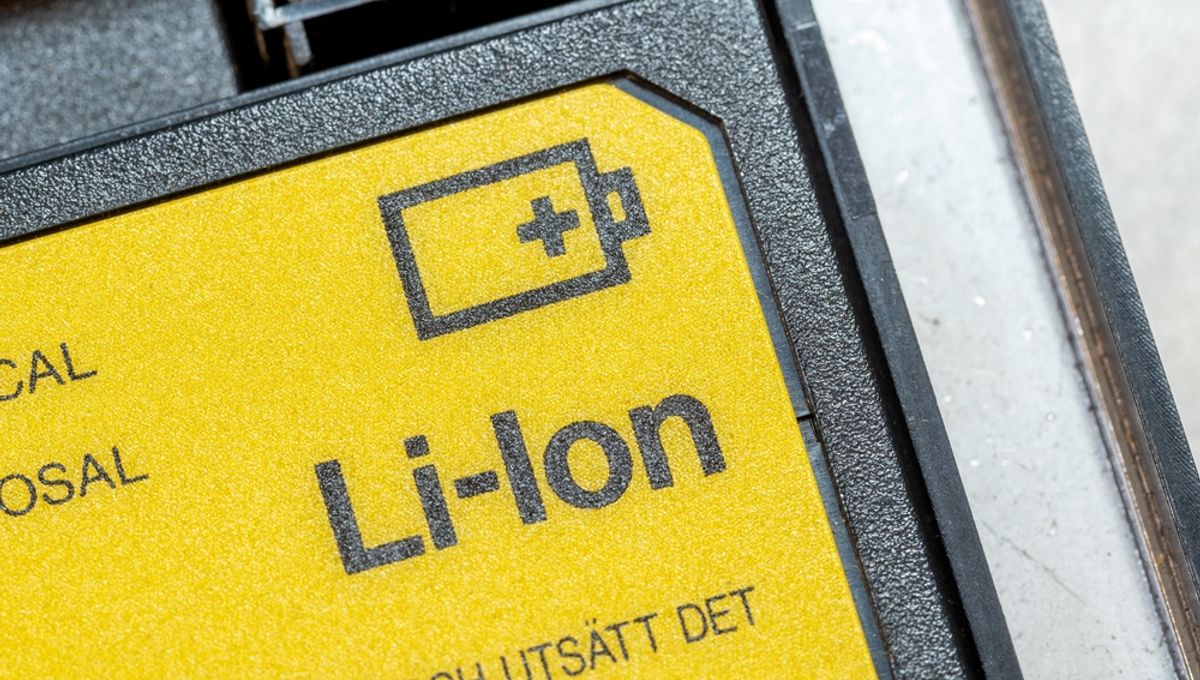
Rechargeable batteries power much of our electronic age. But while they are reusable, they have a finite lifespan. A new study has identified why.
Our laptops, tablets, and cell phones are reliant on recharging batteries. Inside a lithium-ion battery, two electrodes store lithium ions; a positively charged anode and negatively charged cathode. An electrolyte inside the battery allows ions to move from the anode to the cathode. This movement starts a chemical chain that leads to the release of charge-building electrons.
But new research from a team at Stanford University suggests that along with the lithium ions, unwanted passengers move to the cathode. Hydrogen protons and electrons also break off from molecules in the electrolyte. These build up at the cathode, meaning that the lithium ions are unable to conduct charge as efficiently. The power these batteries stores erodes over time.
This steady seep of hydrogen is driven by a set of chemical reactions. Gang Wan, a physicist and chemist at Stanford University, told Science News, “Even if you’re not using the battery, it loses energy.”
Hydrogen is a tiny, ever-present element that is hard to track. To uncover the role it played in powered-down batteries, Wan and his team had to replace the hydrogen with an XXL variant. This is deuterium, an isotope of hydrogen that holds one neutron and one proton, compared to hydrogen’s lone proton.
Using the analysis technique mass spectrometry and X-ray imaging, Wan’s team monitored the deuterium as it moved around inside the battery. This showed that hydrogen was the driving force in declining battery charge.
Importantly, the study opens a way to improve batteries by targeting the unwanted chemical changes that produce these leaky hydrogen molecules. But it may also prompt some soul-searching for battery designers. Wan’s research suggests that in the race for more powerful batteries, engineers may be enhancing the likelihood of cathodes yanking in loose hydrogen and slashing battery life.
More research will need to be conducted on different battery types to determine how universal the issue is.
If multiple batteries are subject to the law of leaky hydrogen, it could lead to improved batteries that last longer. Advances in battery life would not only mean that we have to replace our gadgets less, but that the environmental impact of mining battery-powering elements is reduced.
The study was published in Science.
Source Link: Leaky Hydrogen May Be Responsible For Your Cell Phone’s Declining Battery Life